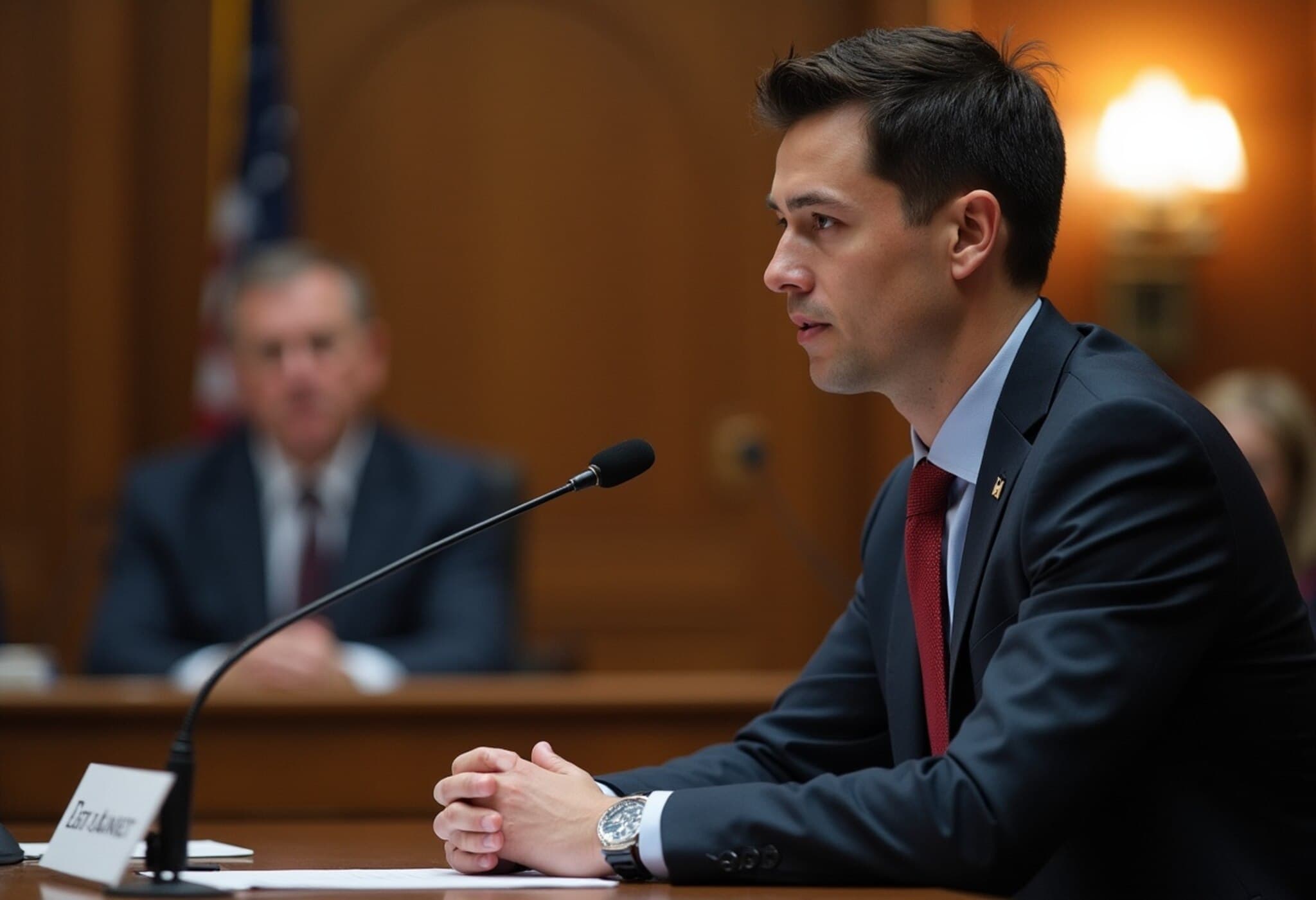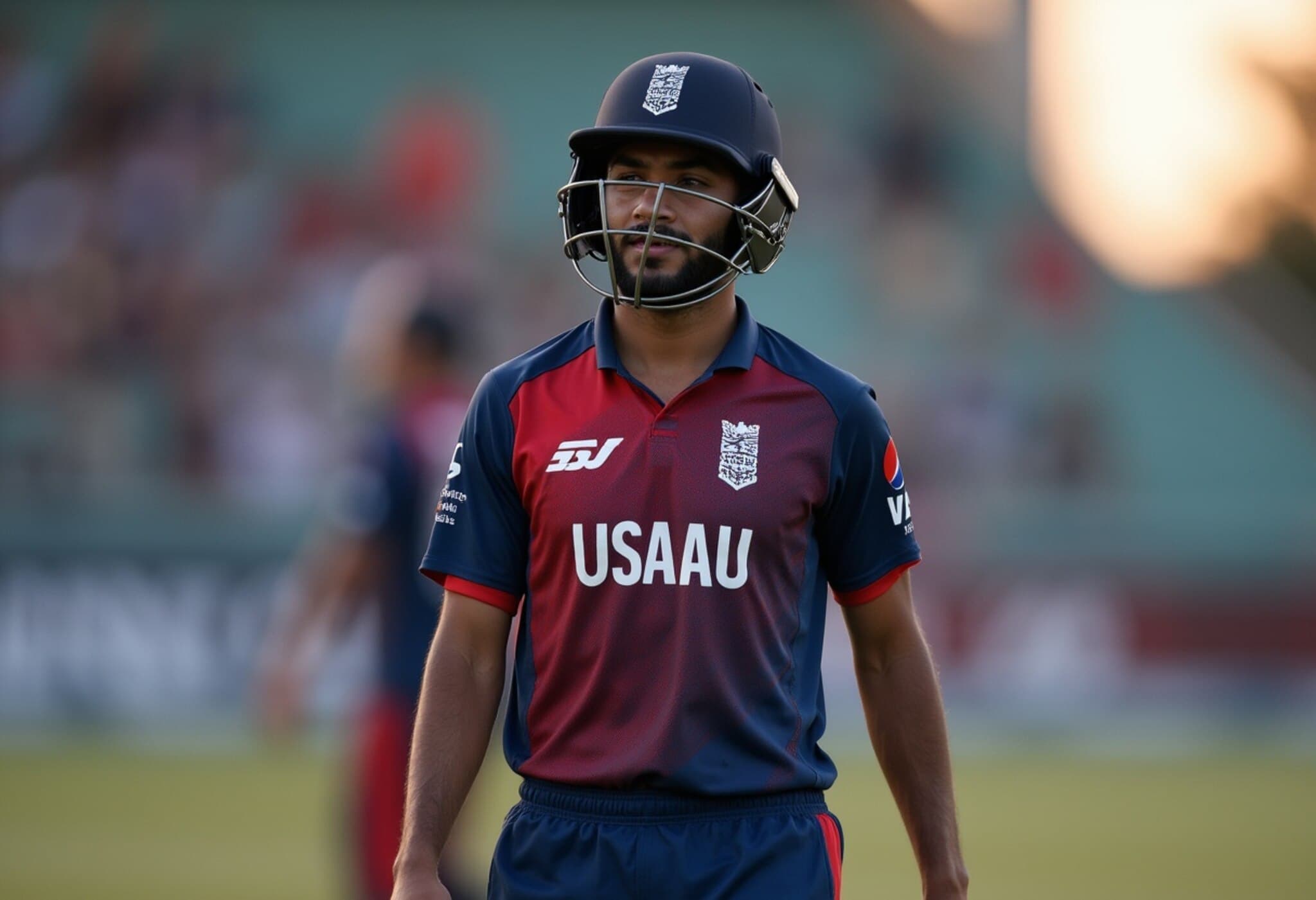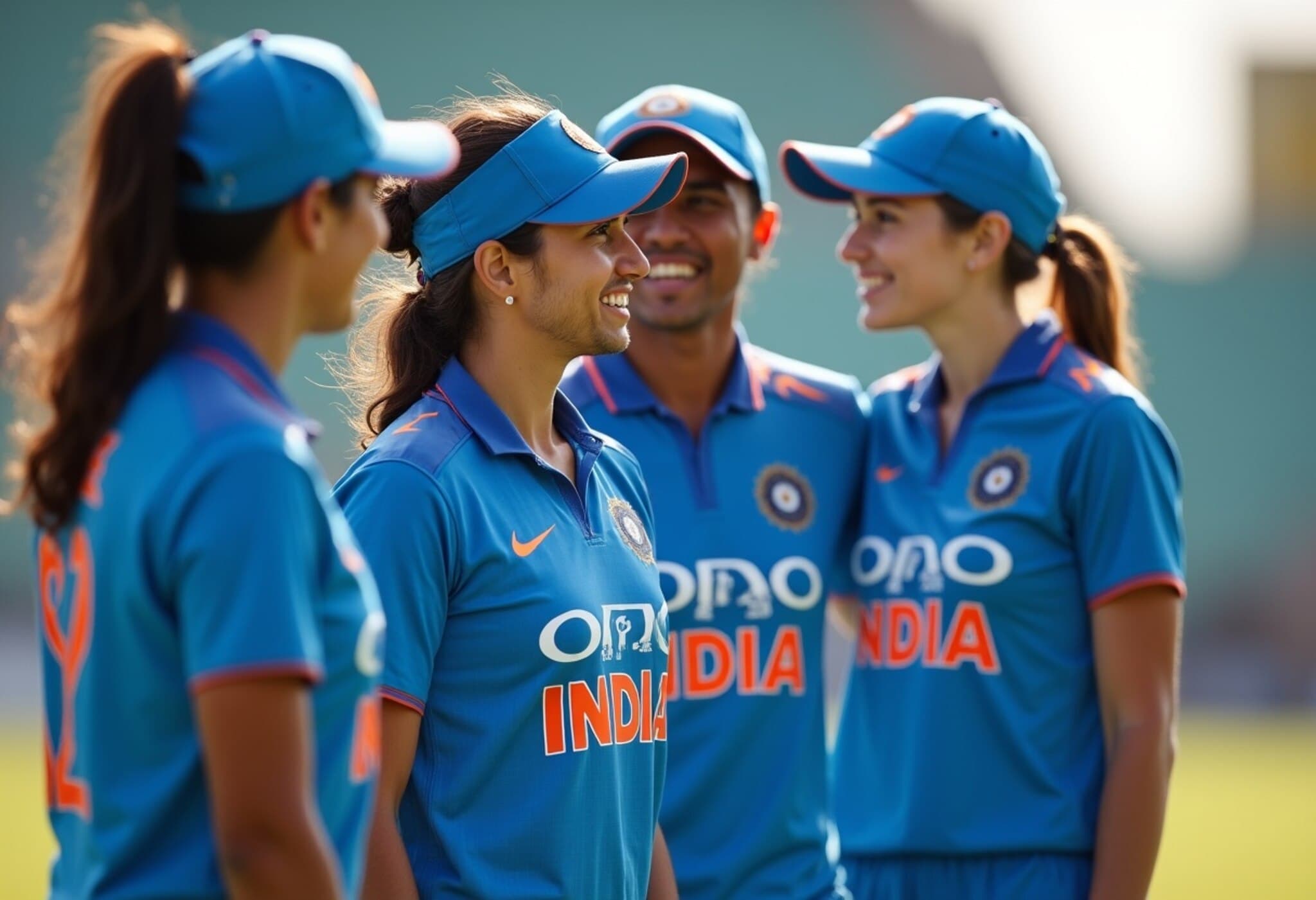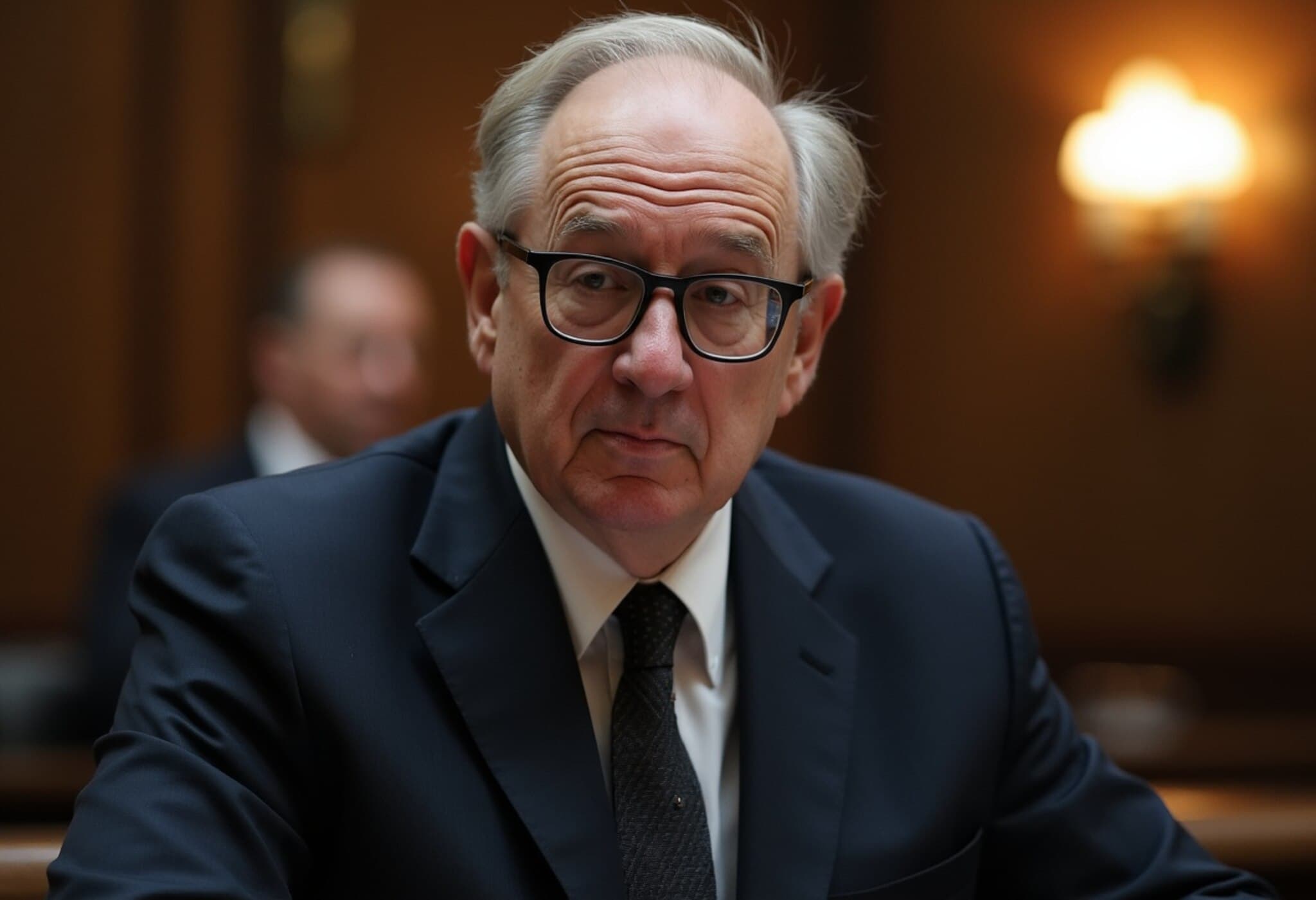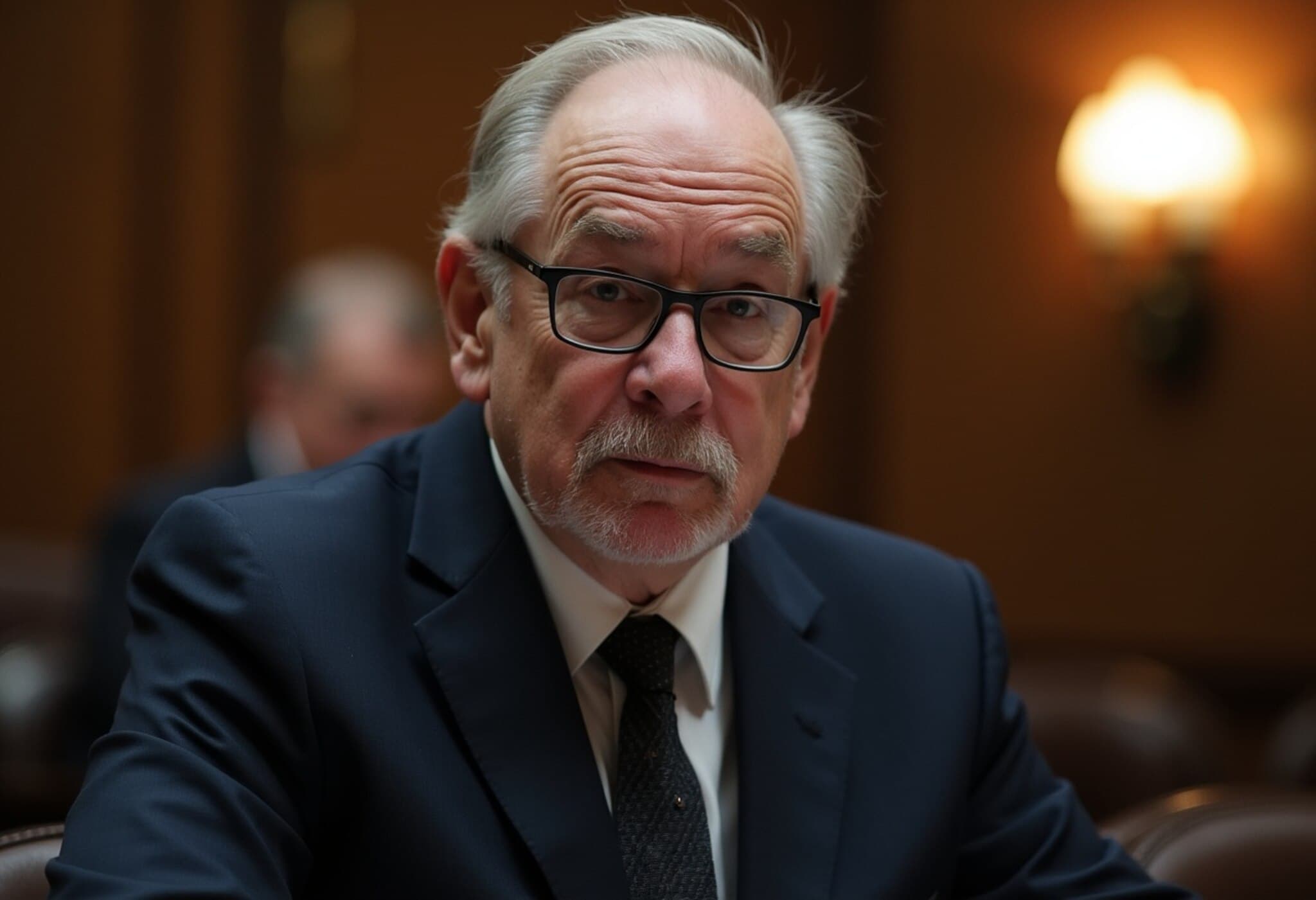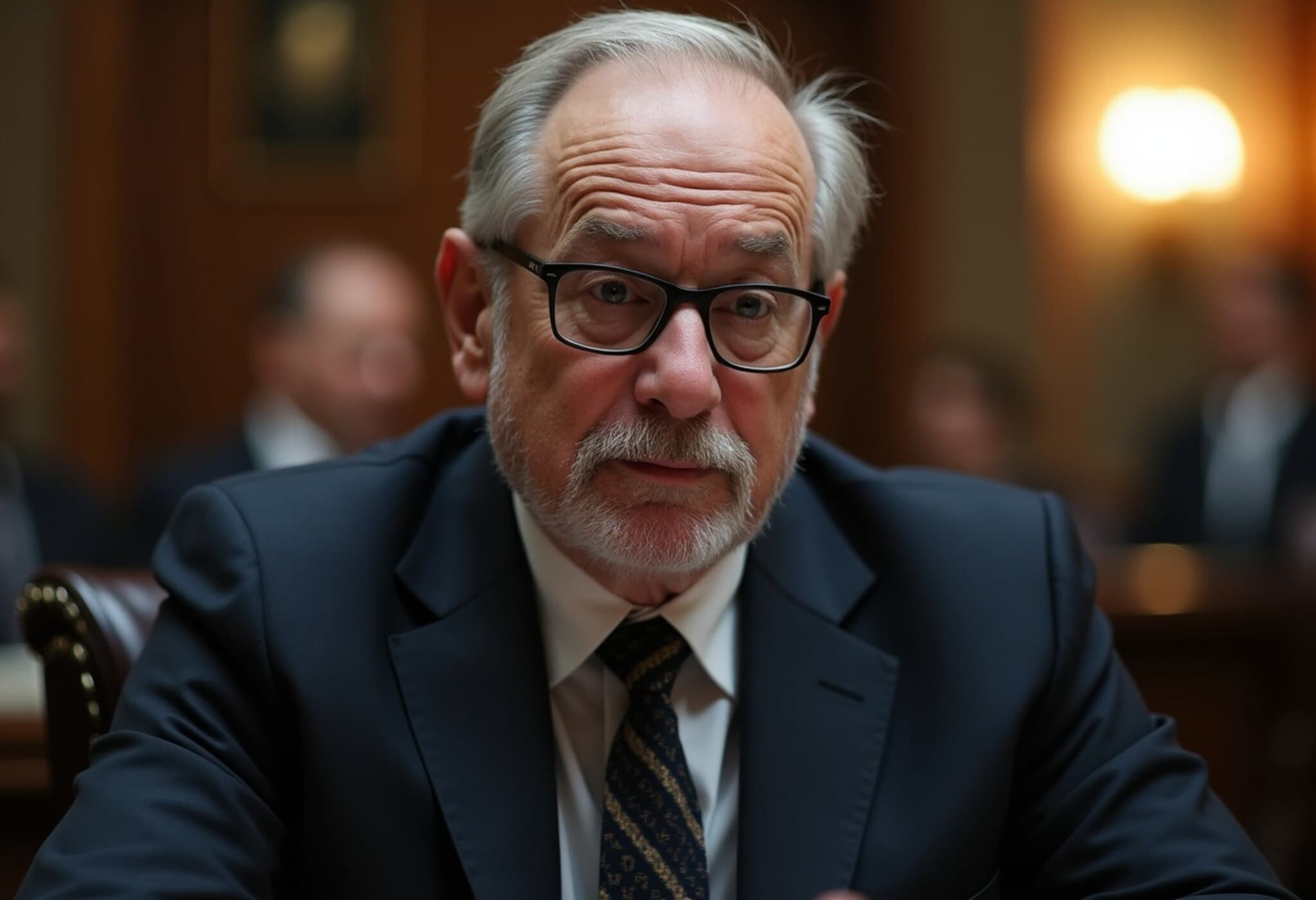Heated Courtroom Exchanges Over Group Texts and Consent
In a tense moment during the closing arguments of a high-profile sexual assault trial in London, Ontario, Crown attorney Meaghan Cunningham and Justice Maria Carroccia clashed over the Crown’s key assertion that former members of Canada’s 2018 World Junior hockey team conspired via group text messages to fabricate their account of events.
The Crown alleges that members Alex Formenton, Michael McLeod, Carter Hart, Dillon Dubé, and Cal Foote were involved in a sexual assault against the complainant at the Delta Armouries hotel on June 19, 2018, when she was 20. Central to the case is the question of whether the complainant consented to each sexual act performed by the accused men.
Disputes Over Group Chat Messages
Cunningham argued that days after the alleged incident, several players used a group chat to coordinate a false version of events, depicting the complainant as actively seeking sex and becoming upset when rebuffed. She pointed to specific text exchanges discovered during investigations that suggest the players rehearsed their stories in response to an internal Hockey Canada inquiry.
Justice Carroccia questioned whether these messages conclusively prove deception, noting that some players who posted texts were not charged or called as witnesses. She repeatedly pressed Cunningham to support inferences drawn from facts rather than speculation.
At one point, the friction between the two grew, prompting the Crown to request an early break to reconsider her approach. Cunningham emphasized that the group chat as a whole should be viewed as evidence of coordinated storytelling, not isolated texts to be taken out of context.
Examining Consent and Witness Credibility
The Crown underscored the importance of the complainant’s testimony, stressing that consent must be explicit and ongoing during each sexual act, as per Canadian law. Cunningham criticized defense strategies that attempted to undermine the complainant’s credibility by invoking stereotypes of the “ideal victim” or alleging she had an agenda during her testimony.
She highlighted how victims often face contradictory expectations—if they appear emotional, they are deemed combative; if calm, rehearsed—and dismissed this reasoning as a harmful myth influencing perceptions of sexual assault survivors.
Drawing attention to the complainant’s reported memory gaps and complex behavior during the incident, Cunningham stressed such responses are common in traumatic situations and should not be used to question the veracity of her account.
Contesting Defense Claims About Food and Video Evidence
Cunningham challenged claims by the defense that the players gathered in the hotel room primarily for food. She presented security footage showing Michael McLeod receiving a small plastic bag late at night, arguing it did not support a food order intended for sharing.
She also questioned the credibility of claims that no sexual activity was recorded despite multiple videos from McLeod’s phone. The Crown argued that if the complainant had been enthusiastically consenting or “begging” for sex, such behavior would likely have been captured.
Looking Ahead: Final Submissions and Verdict
The trial is expected to wrap with the Crown completing its submissions on Friday, with defense rebuttals to follow the same day to meet the trial’s eight-week deadline. Justice Carroccia is scheduled to deliver her verdict on July 24.
This case remains one of the most closely watched in Canadian sports and legal circles, raising critical questions about consent, accountability, and justice.

